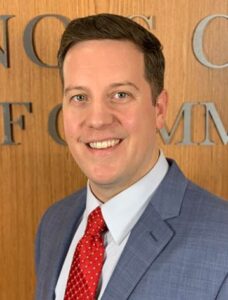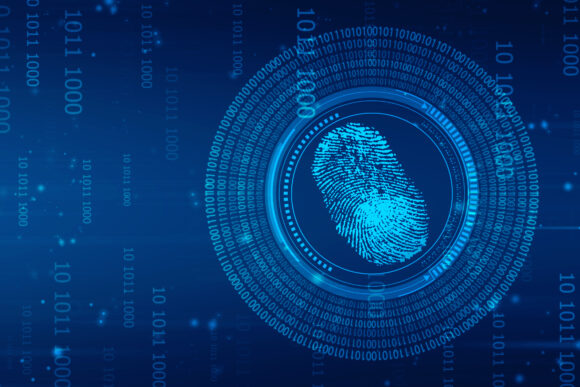The Illinois Supreme Court on Tuesday refused to reconsider its 4-3 decision that found violations of the state’s Biometric Privacy Act occur each time an unauthorized scan is made, rejecting arguments that such an interpretation will lead to astronomical damage awards that could destroy businesses.
The same four justices who decided a new BIPA violation occurs every time an unauthorized scan is made ruled against White Castle System in a petition for rehearing in a lawsuit filed against the hamburger chain by its store manager Latrina Cothron.
White Castle warned that under the high court’s interpretation of the law, a jury could award a $17 billion penalty against it. The majority said the amount of damages is discretionary so juries can temper damage awards to avoid astronomical amounts.
The majority opinion says “we continue to believe that policy-based concerns about potentially excessive damage awards under the act are best addressed by the legislature.”
The dissenting justices said penalties the high court should have at least given some guidance on how damage awards should be calculated to avoid staggering damage awards.
The federal 7th Circuit Court of Appeals asked the Illinois Supreme Court to rule on when BIPA violations occur so it could rule on a procedural issue. The Supreme Court agreed to answer the certified question because the 7th Circuit’s decision will impact a question of law where there is substantial disagreement.
The BIPA establishes penalties of up to $1,000 for each unintentional violation and up to $5,000 for “willful” violations. There are three ways of violating the act: 1) By making an unauthorized scan of a person’s biometric information, such as face or fingerprints; 2) by sharing that information with other parties; and 3) by failing to provide a information about how long the biometric information will be retained.
Theoretically, a plaintiff could allege three separate penalties for each unauthorized scan made. White Castle argued that damages in Cothron’s class-action lawsuit could exceed $17 billion because 9,500 current and former employees were involved. White Castle used a third-party vendor to scan employee’s fingerprints each time they clocked in and clocked out for 10 years after the Biometric Privacy Act was passed, ceasing the practice only after Cothron filed suit.
The Illinois Chamber of Commerce was among several business groups that filed amicus briefs urging the Supreme Court to reconsider its interpretation of when violations occur under the law. Clark Kaericher, senior vice president of government affairs for the Chamber, said White Castle is not the only business that failed to notice that the methods they were using to verify employees’ identities violated a state law.

It’s not unusual for large national employers to be uninformed about the passage of “obscure state laws,” he said. Some 1,500 Illinois employers have been sued under BIPA.
Kaericher said one of the few cases that have been concluded so far illustrates the potential for damage awards to get out of hand. In that case, truck driver Richard Rogers sued BNSF Railway Co. for requiring truckers to use a biometric scanner to gain access to its rail yards. A jury ruled that the Berkshire Hathaway-owned railroad had violated BIPA 45,600 times. A US District Court judge awarded $228 million in damages, calculating the amount by multiplying the number of violations by the maximum penalty of $5,000.
US District Judge Matthew F. Kennelly reconsidered that damage award. In a June 30 order, he decided to hold a new trial before a jury with the amount of damages the sole issue to be considered.
Still, Kaericher said the case demonstrates how BIPA can produce damage awards that bear no relationship to the amount of damage that is done. He said he is aware of no other case where a decision on the amount of damages has been reached.
“We’ve only seen it once and it was the worst-case scenario,” he said.
Kaericher said the the Chamber is working with state lawmakers to amend BIPA to control the amount of damages that can be awarded. He said the legislature was close to adopting a revision to the law earlier this year, but lawmakers were unable to resolve some last-minute complications that developed before the legislative session ended.
Was this article valuable?
Here are more articles you may enjoy.


 US Will Test Infant Formula to See If Botulism Is Wider Risk
US Will Test Infant Formula to See If Botulism Is Wider Risk  LA County Told to Pause $4B in Abuse Payouts as DA Probes Fraud Claims
LA County Told to Pause $4B in Abuse Payouts as DA Probes Fraud Claims  FM Using AI to Elevate Claims to Deliver More Than Just Cost Savings
FM Using AI to Elevate Claims to Deliver More Than Just Cost Savings  Credit Suisse Nazi Probe Reveals Fresh SS Ties, Senator Says
Credit Suisse Nazi Probe Reveals Fresh SS Ties, Senator Says 